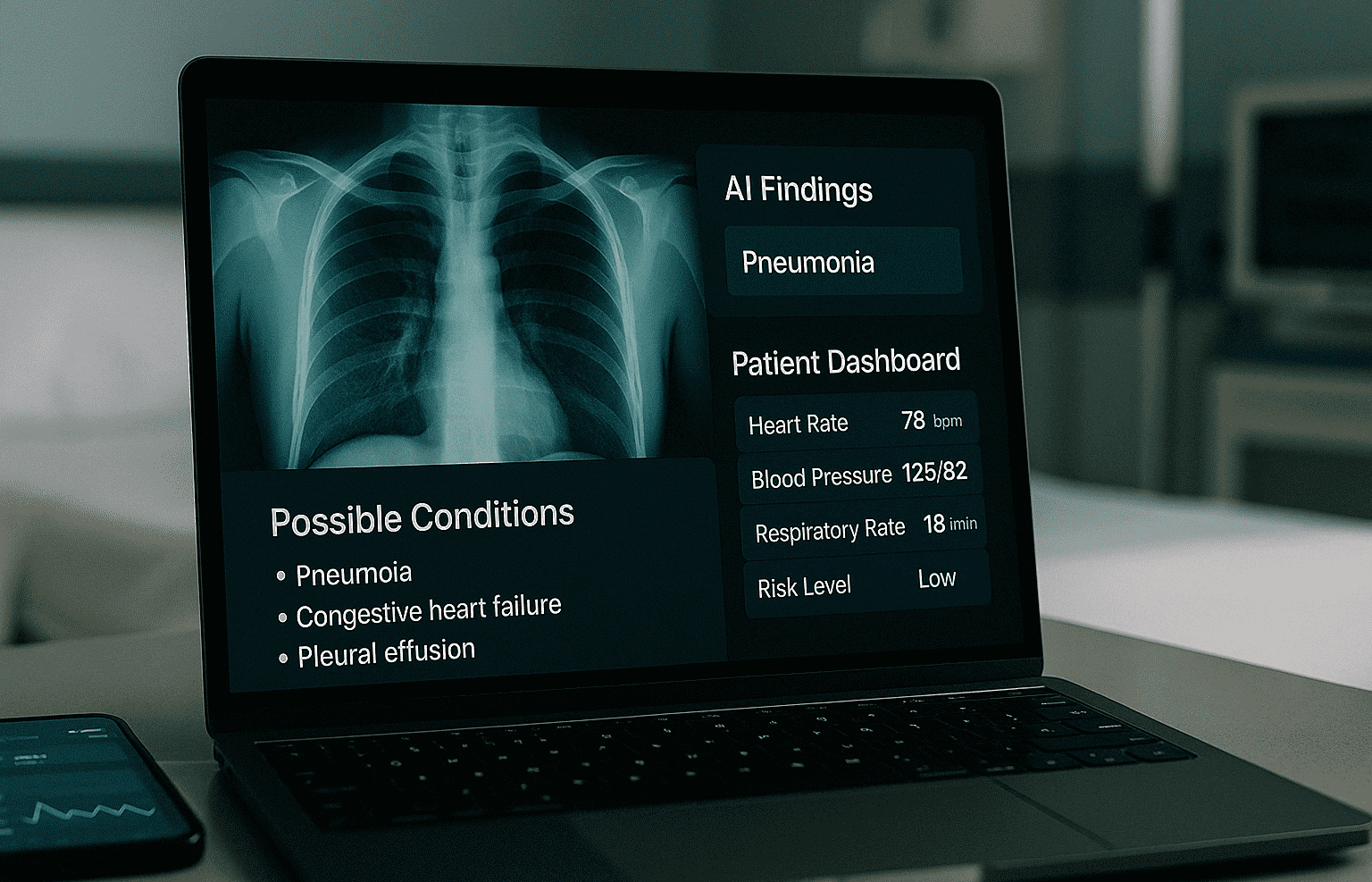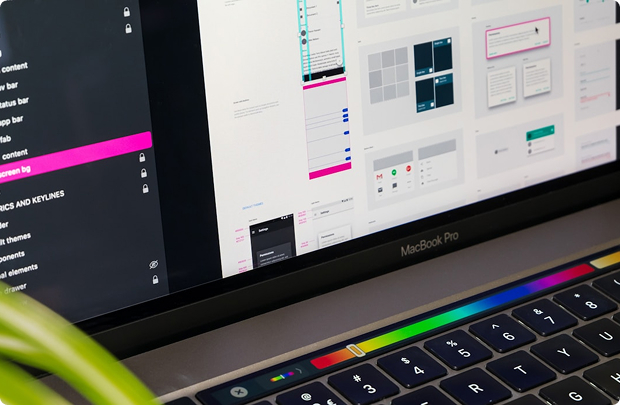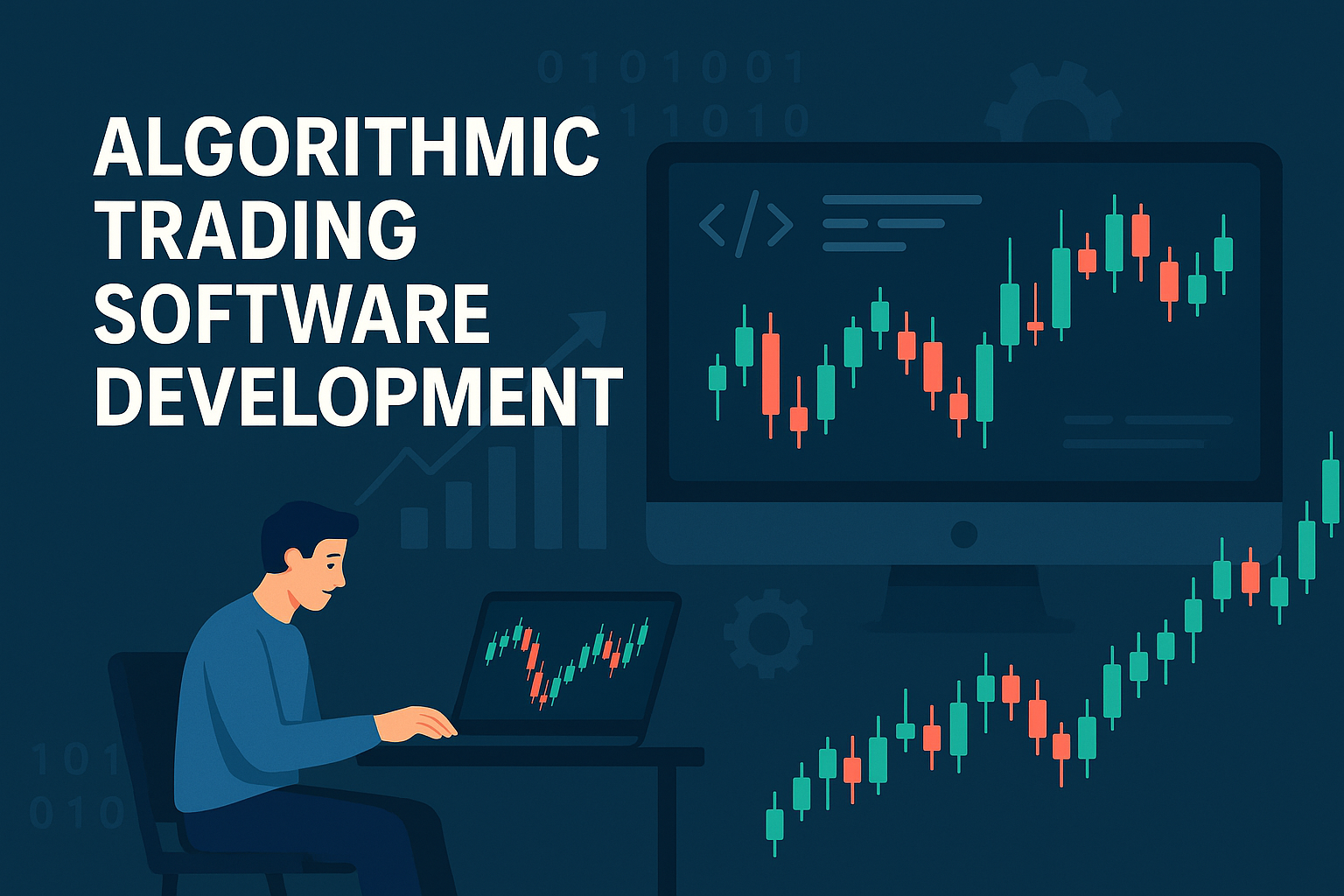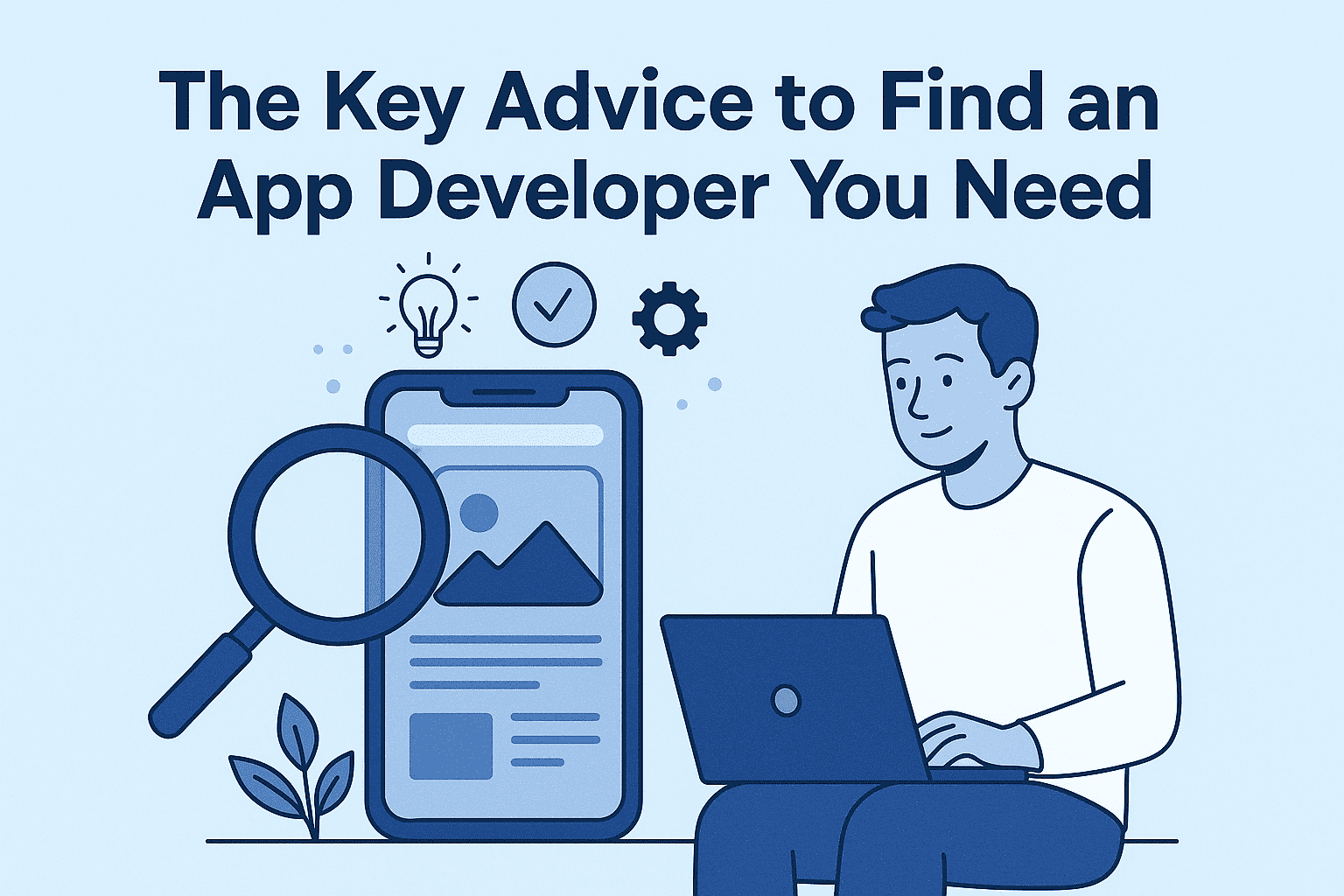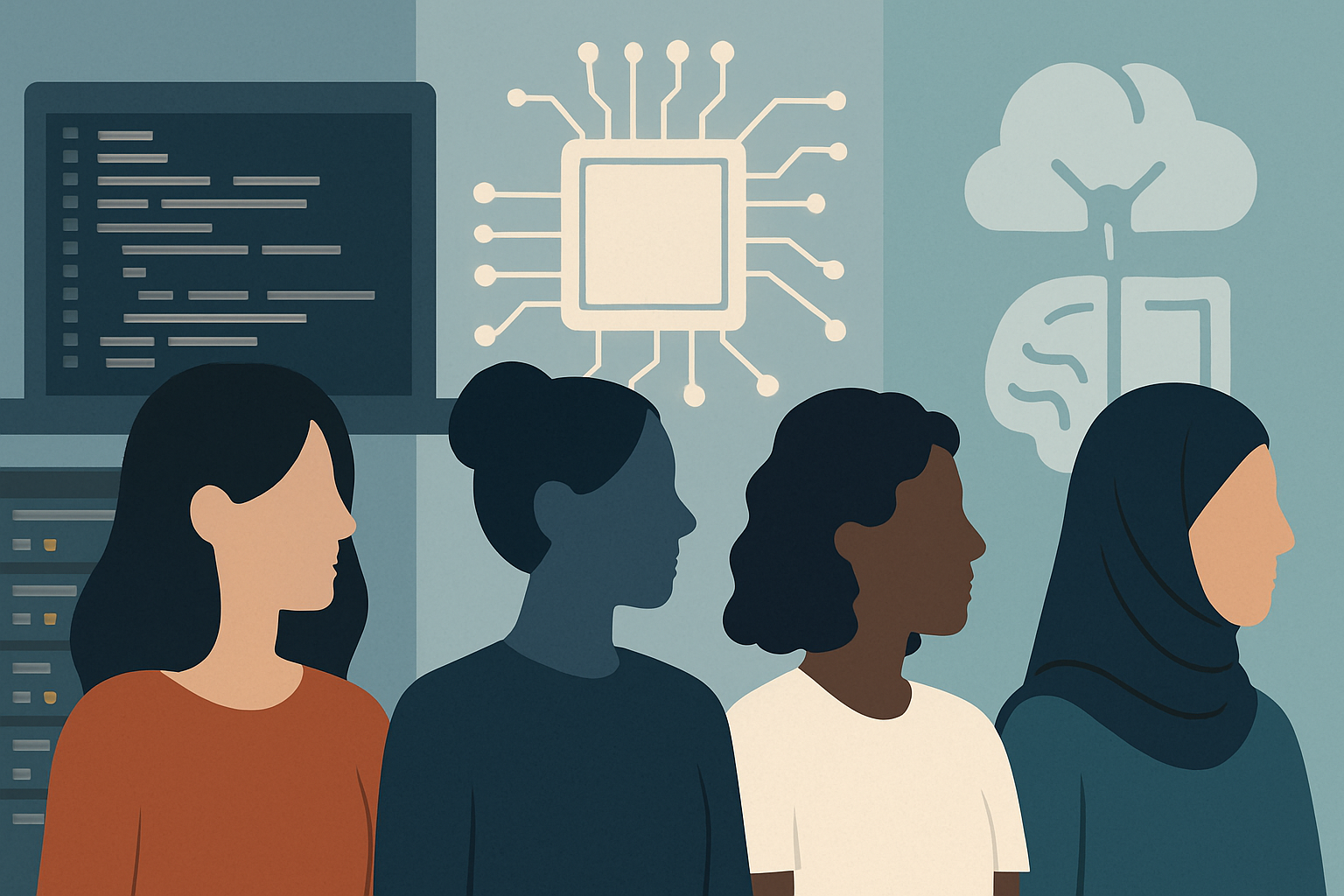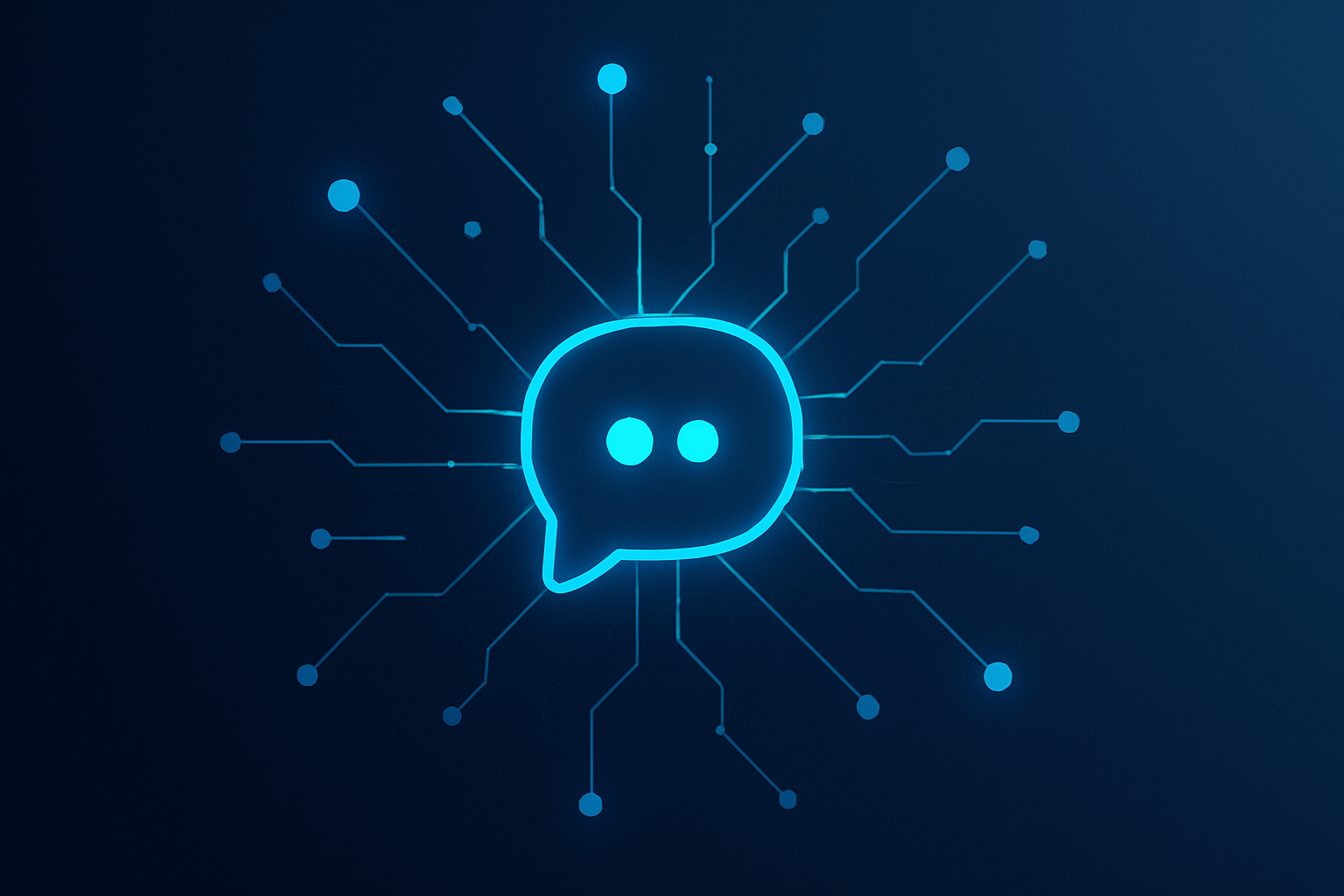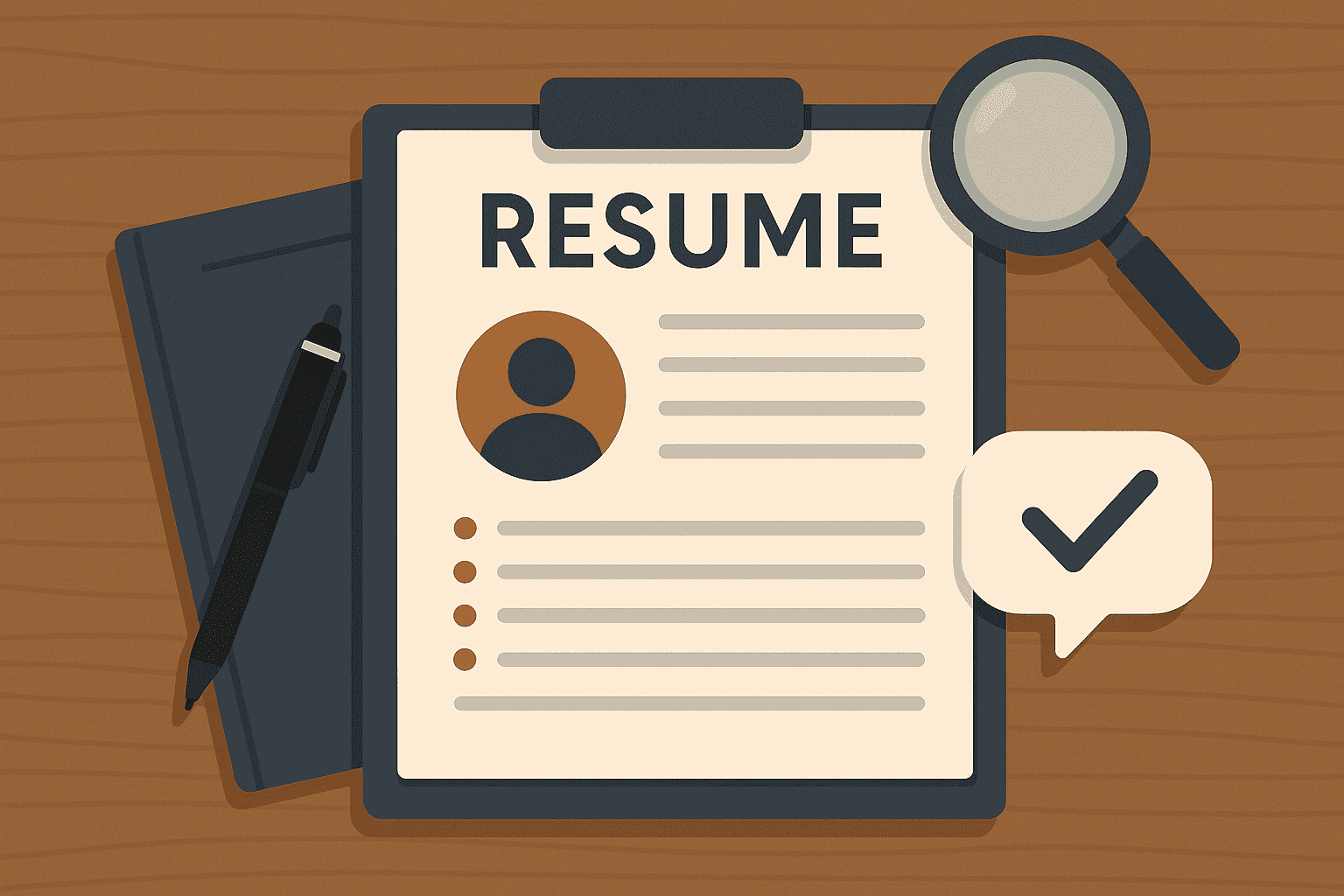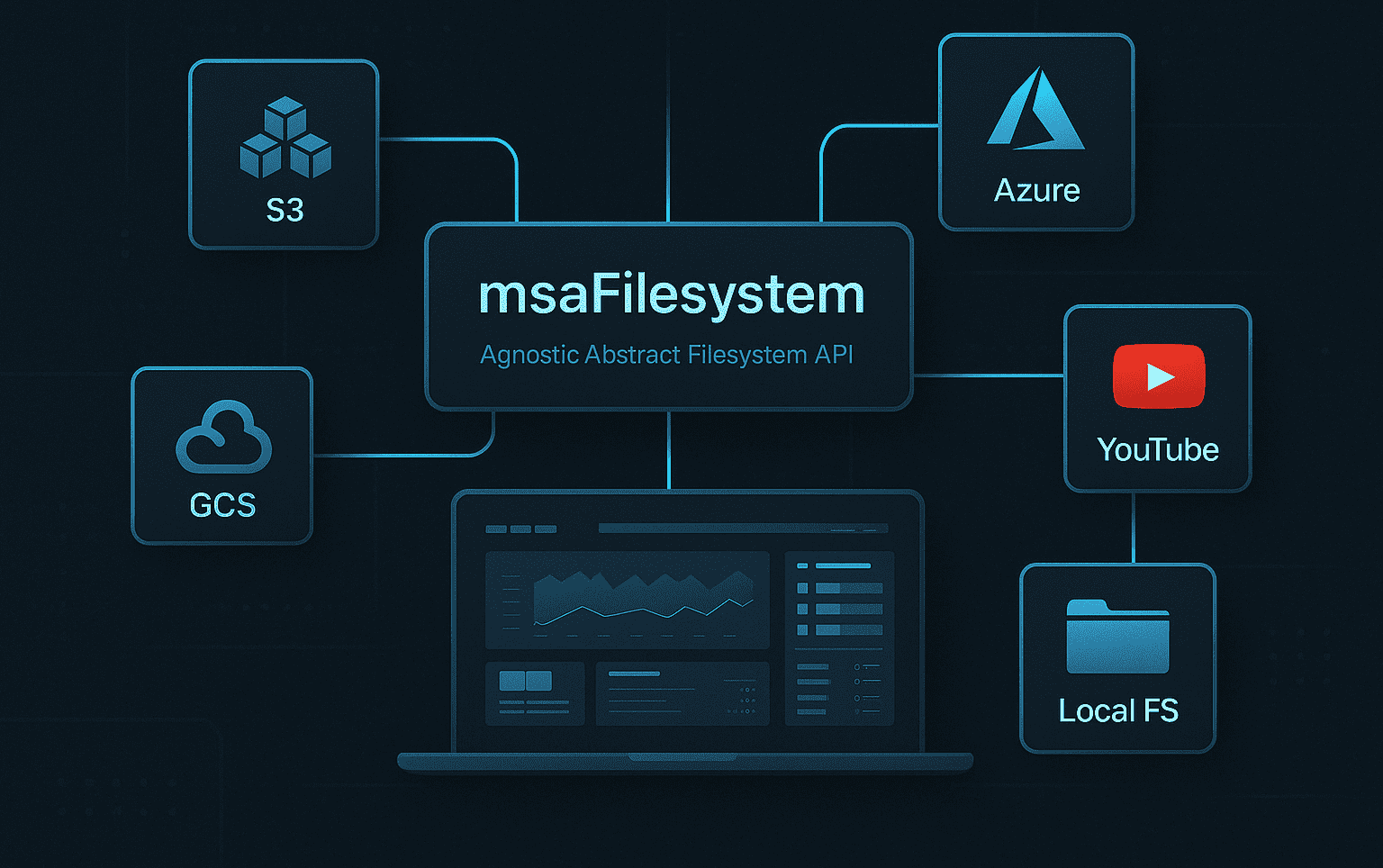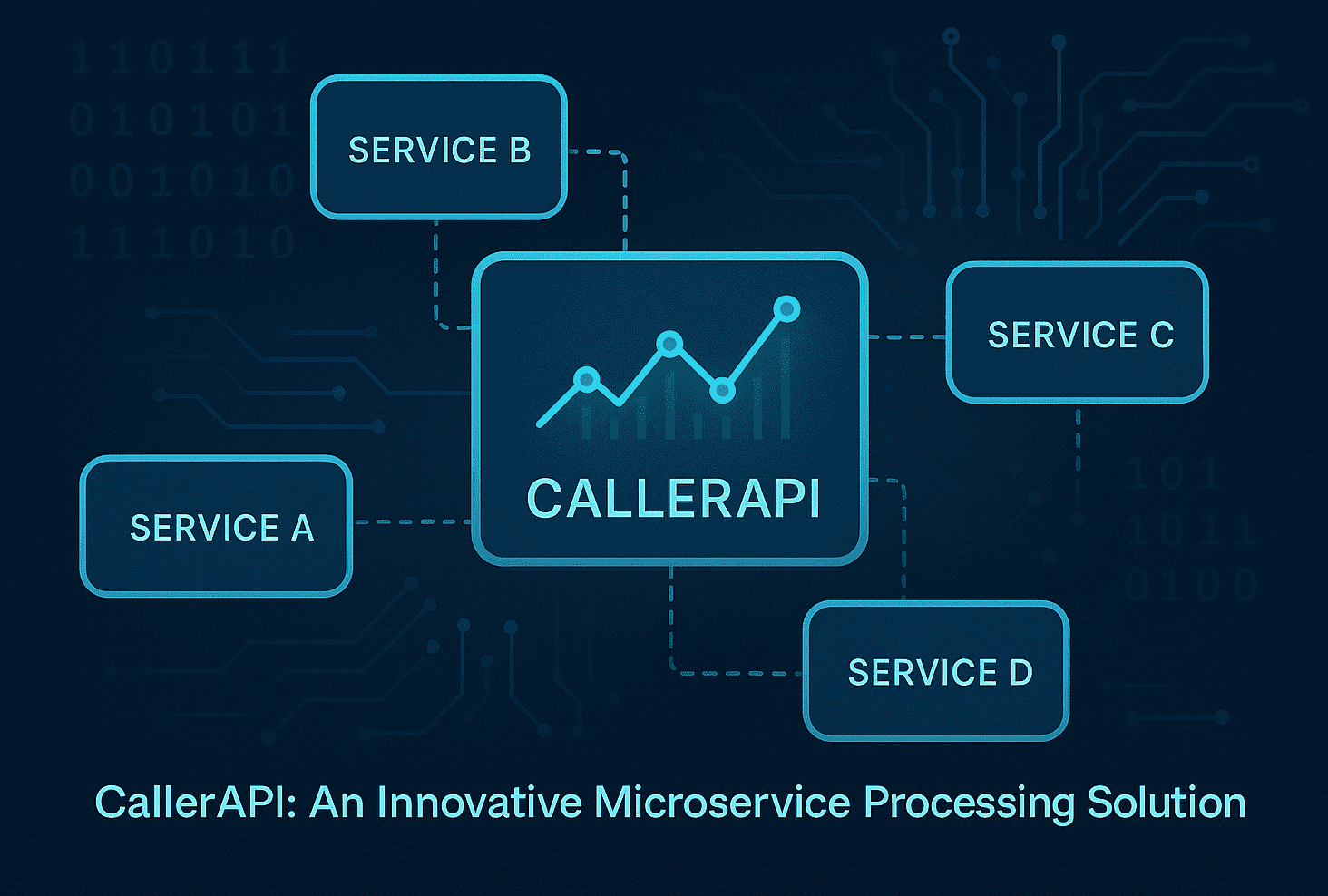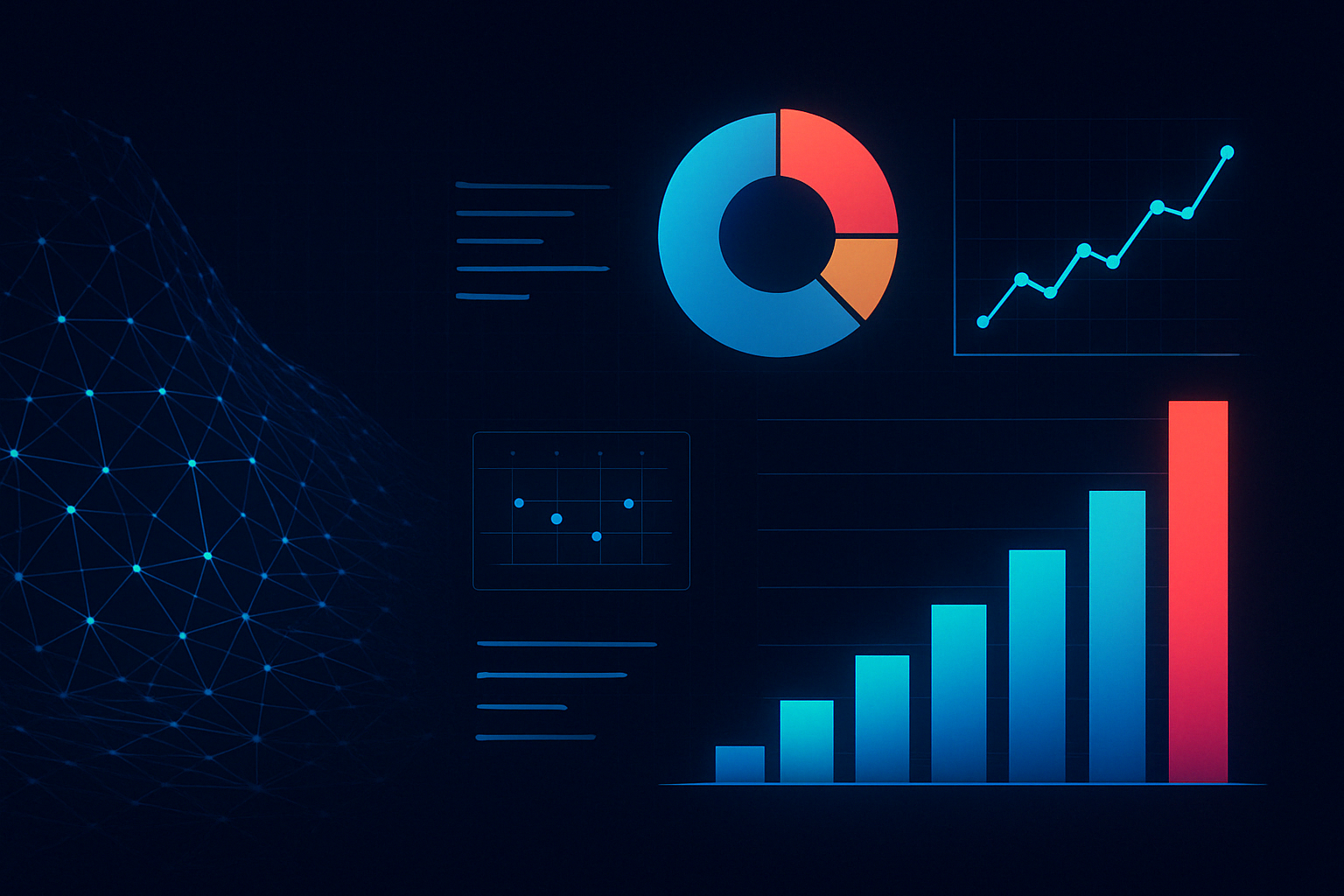An AI tending to patients’ health? Sounds ridiculous, doesn’t it? Or does it?
It’s no secret that AI is now part of our daily lives. We use it in school, work, personal life, and even healthcare.
But let’s talk about AI in healthcare. Fun fact: AI in healthcare isn’t new. It goes back to the early days of computer science when machines were first said to mimic human intelligence. However, AI’s real applications only took off after advancements in machine learning and the availability of more data.
AI’s role in healthcare spans everything—from admin tasks to telemedicine—playing a huge part in patient care. Now that we know AI has been in healthcare for a while, let’s dive into some of the growing trends and its key roles.
AI in Diagnostics and Medical Imaging
In medicine, seeing inside the body is sometimes the only way to truly understand what’s happening. This is where X-rays, CT scans, MRIs, and other imaging tools come in. AI works with these images, alongside doctors, to detect anomalies like cancer earlier than ever before. The result? Early diagnosis and treatment that save lives. AI also improves accuracy, minimizing errors and ensuring patients get the right care.
Robotic Surgery: Precision and Efficiency
Robots in surgery? Not so crazy! As diseases become more complex and tricky to handle, robots step in to assist doctors. Machines are unbeatable in terms of precision, which means reduced recovery time and better surgical outcomes. This isn’t about replacing doctors but about helping them achieve better results, faster.
AI for Patient Follow-Up and Documentation
Keeping track of patients is no small task, especially when the number of patients keeps growing. AI helps by making documentation and filing much easier. Now, doctors can quickly access patient records, saving time that can be better spent on patient care. Automated systems in the cloud handle most of the administrative work—monitoring, reminders, and more—giving doctors more time for their actual job: treating patients.
Automated Monitoring and Reminders
AI-driven apps are great at helping patients stick to their treatment plans. Whether it’s reminders for follow-ups, medications, or tests, AI personalizes these reminders so that no patient gets left behind.
Predictive Analytics for Risk Management
Treating patients is one thing, but being able to predict complications is a game-changer. AI uses a patient’s medical history to foresee potential issues, helping doctors identify patients who are at risk. This is especially useful for post-op patients who might face infections or readmission to the hospital. Doctors can then prioritize follow-ups based on urgency, improving care while managing time better.
Telemedicine: Virtual Care and Remote Access
Telemedicine is a huge trend right now. AI-powered chatbots and virtual assistants provide 24/7 support, helping ease the load on healthcare staff and giving patients immediate access to health info. Patients can get medical advice from anywhere, without the hassle of appointments or long waits. And when they do visit the doctor, AI has already gathered and organized their information, making follow-ups much more efficient.
Reducing Administrative Burden with AI
AI gives healthcare professionals more time with patients and less time behind the desk. Here’s how:
- Automated Documentation: AI listens to doctor-patient conversations and transcribes them into clinical notes or discharge summaries in real time. No more manual note-taking!
- Scheduling and Appointments: AI analyzes patient preferences and doctor availability, ensuring smooth scheduling without overbooking or errors.
- Data Collection and Analysis: AI handles patient documents, insurance details, and treatment histories, ensuring future consultations are quick and efficient, without redundant data entry.
- Treatment and Prevention Discovery: AI speeds up the discovery of new treatments and preventive measures. By analyzing large datasets like chemical structures or clinical trials, AI helps predict which drugs or vaccines will work best. It can even detect potential side effects early in the development process, lowering risks and improving success rates.
AI in Mental Health Support
With the rising number of mental health cases, and not enough therapists, AI steps in to fill the gap. It analyzes user data—like facial expressions, mood, and communication patterns—through apps that provide real-time interventions. These apps can even connect patients with professionals when needed.
Wearable Tech for Health Monitoring
Doctors can’t be with us 24/7, but wearable tech can. Smartwatches and heart monitors track our vital signs, activity levels, and sleep patterns, helping prevent diseases and promote healthier living. AI-powered wearables are great for detecting issues early on, allowing for timely interventions.
Data Privacy and Security
With all this tech, patient data security is a concern. AI helps by spotting and eliminating cyber threats, ensuring that patient information is kept safe and secure.
So, Can AI Replace Doctors?
While AI is becoming increasingly dominant in healthcare, it’s not here to replace doctors. What it does is augment the work of healthcare professionals, making their jobs more efficient. It allows doctors to focus on complex situations—like understanding patient emotions, responding to new symptoms, or adapting to unexpected circumstances. AI can help with the heavy lifting, but empathy, adaptability, and deep understanding will always require a human touch.
In Conclusion
The world is adapting to AI in everyday tasks, and healthcare is no exception. From diagnostics to robotic surgery, AI is enhancing how we care for patients, making healthcare smarter, faster, and more efficient.
